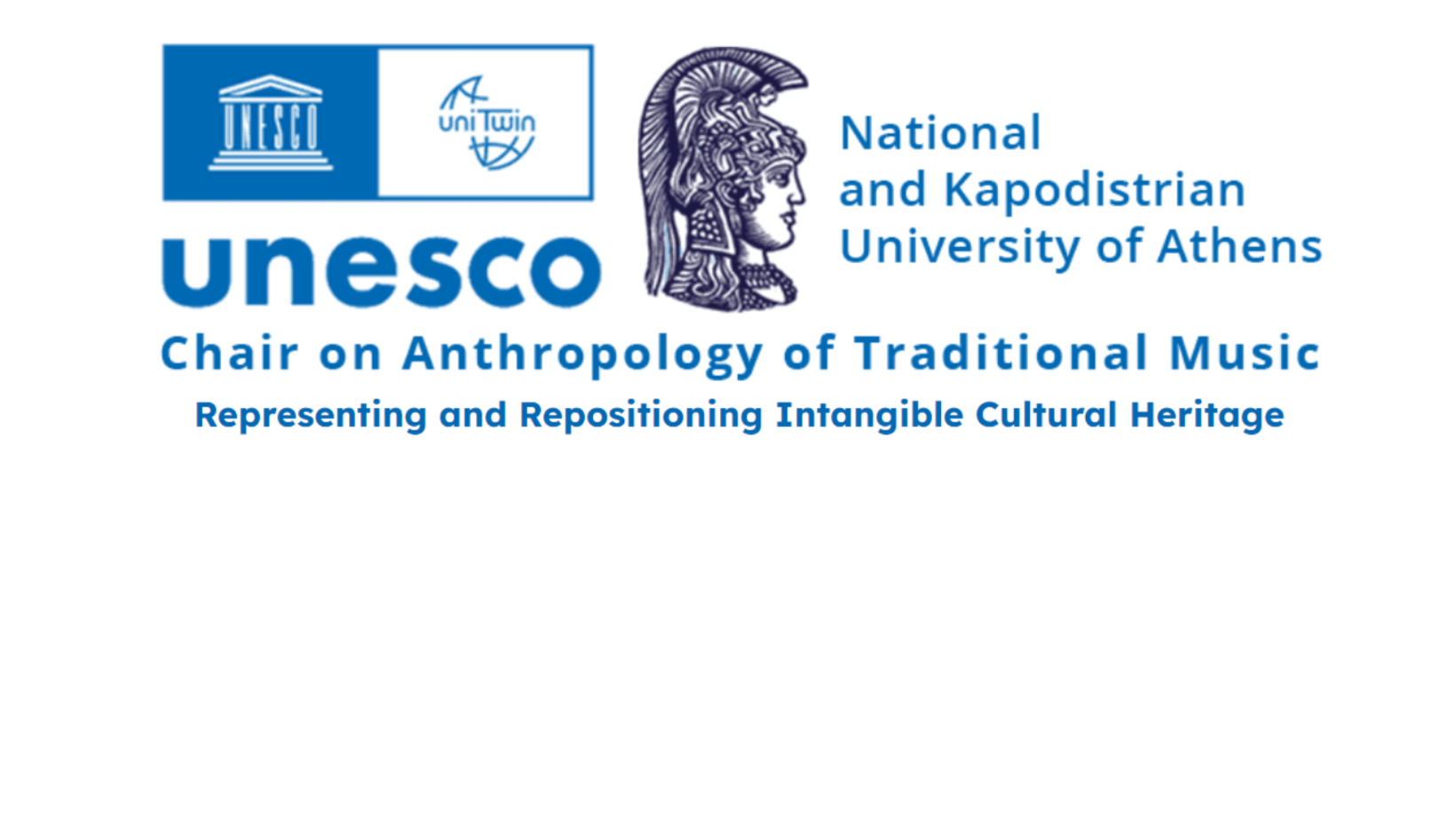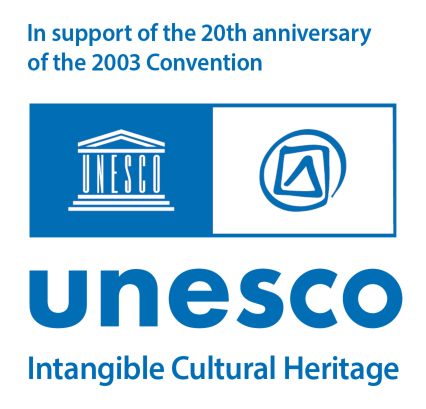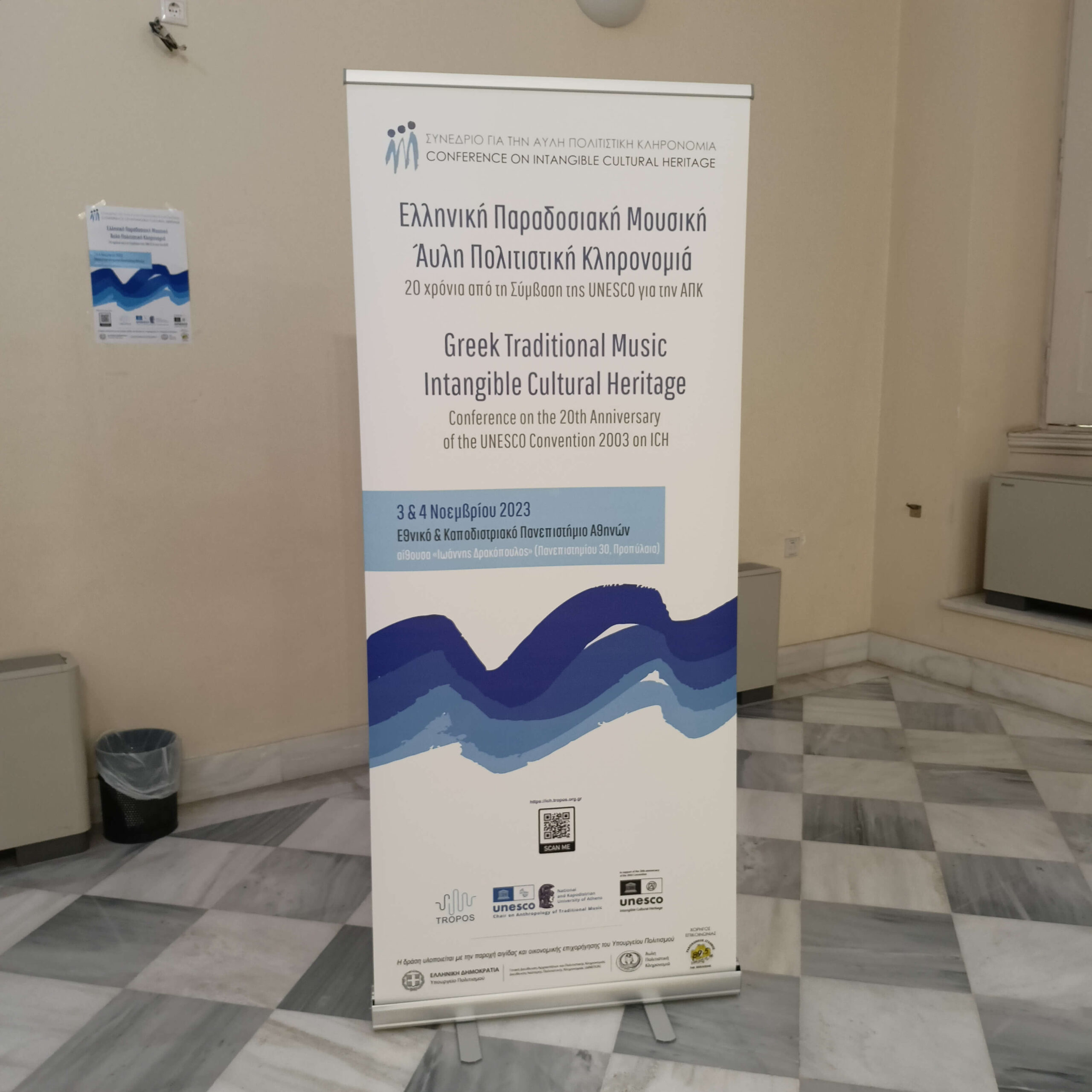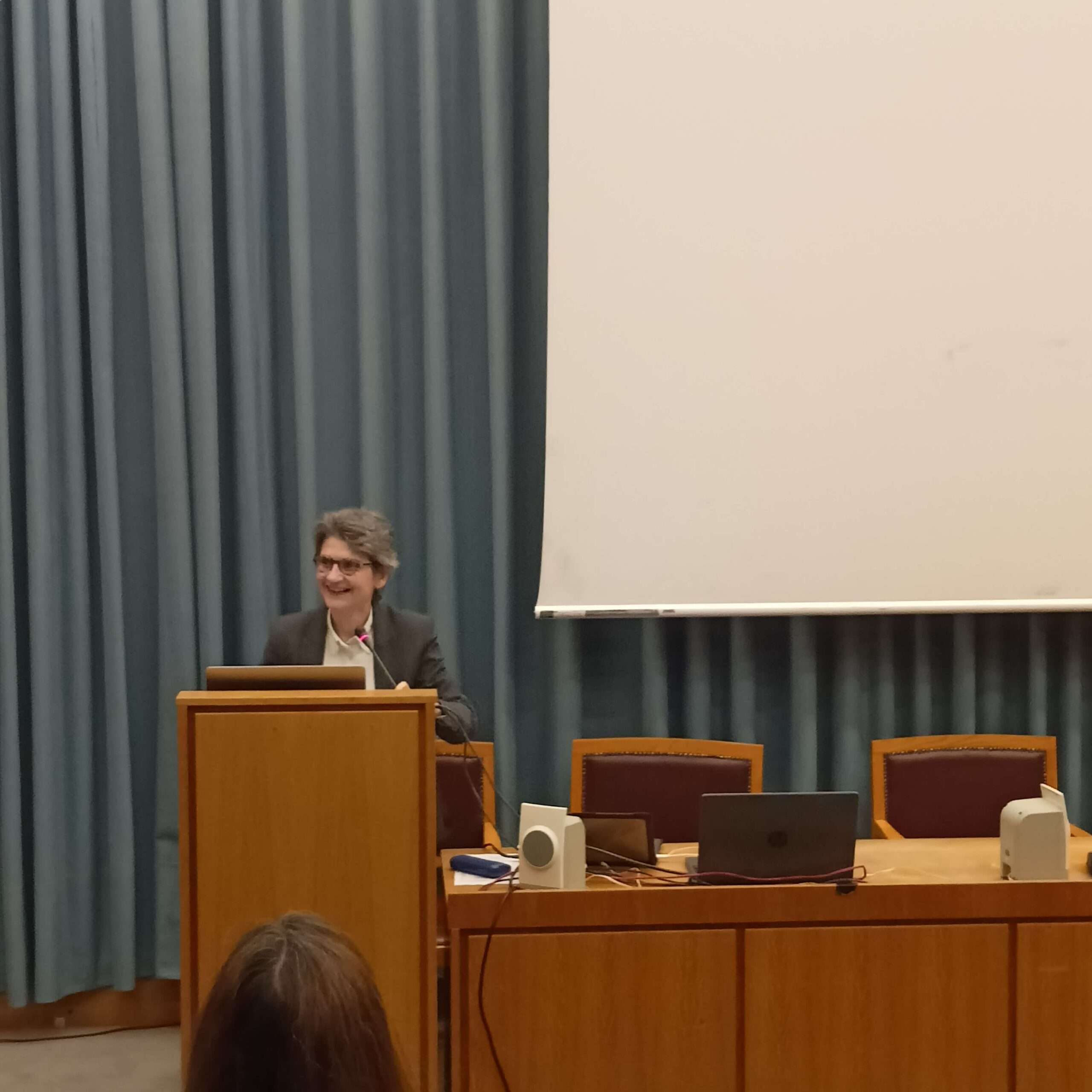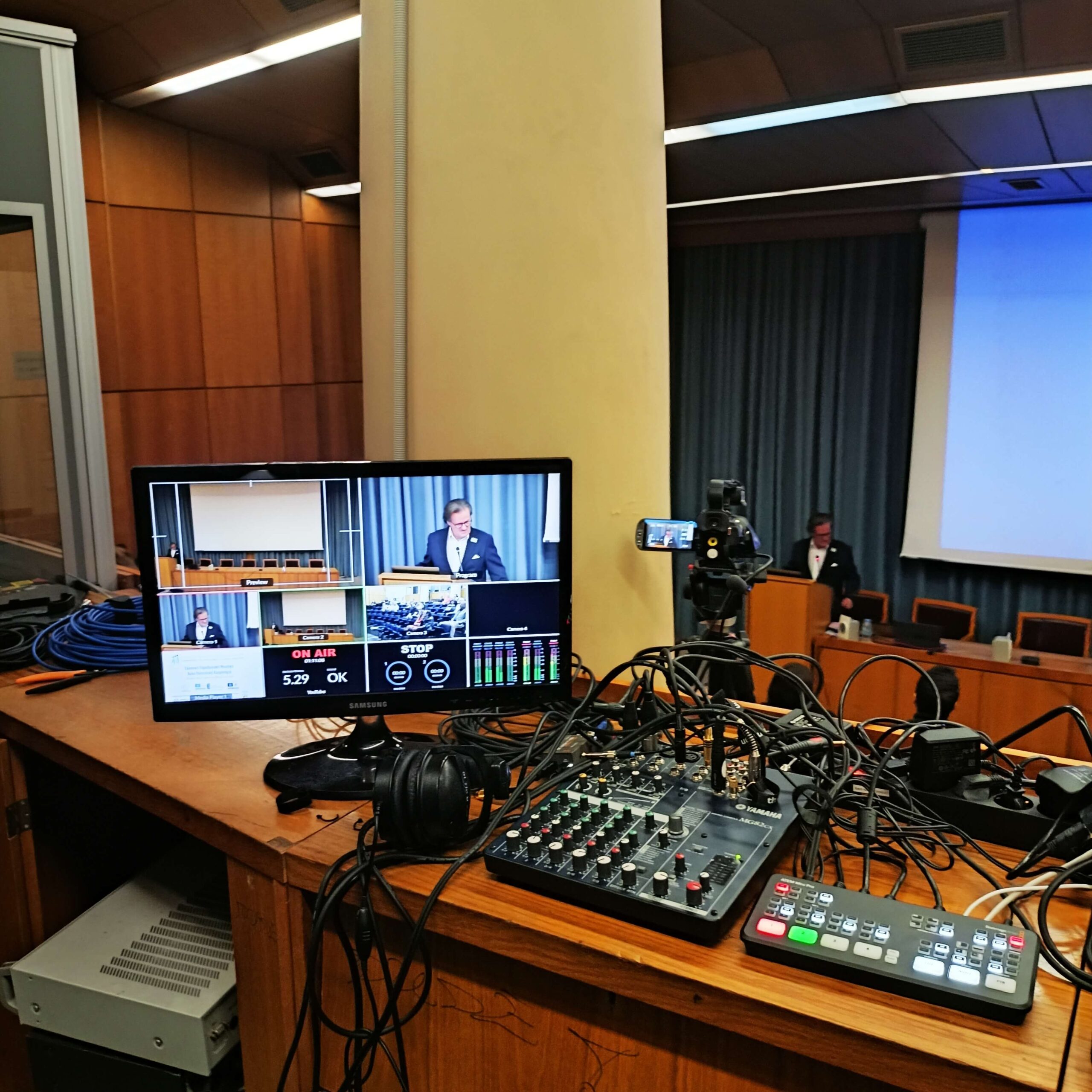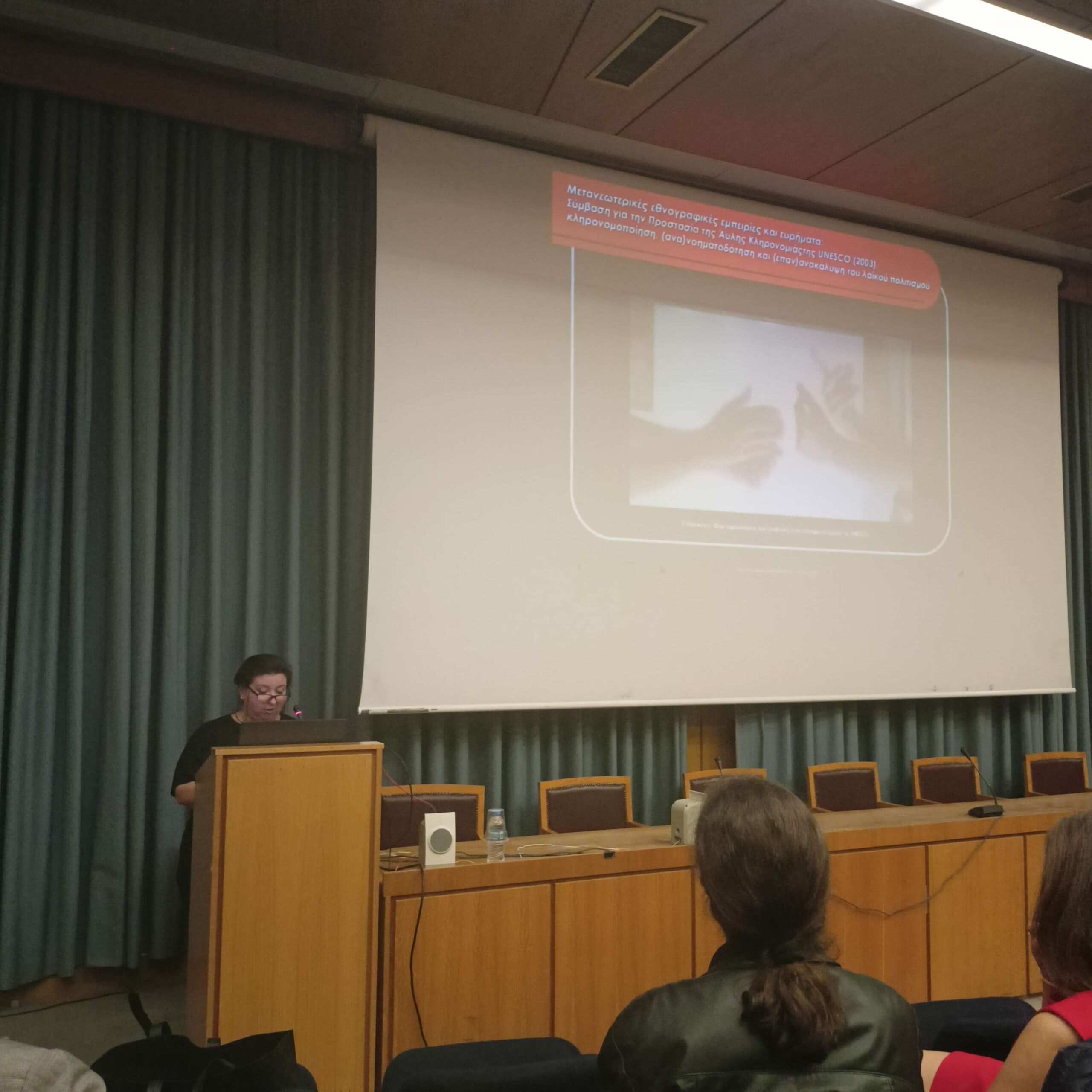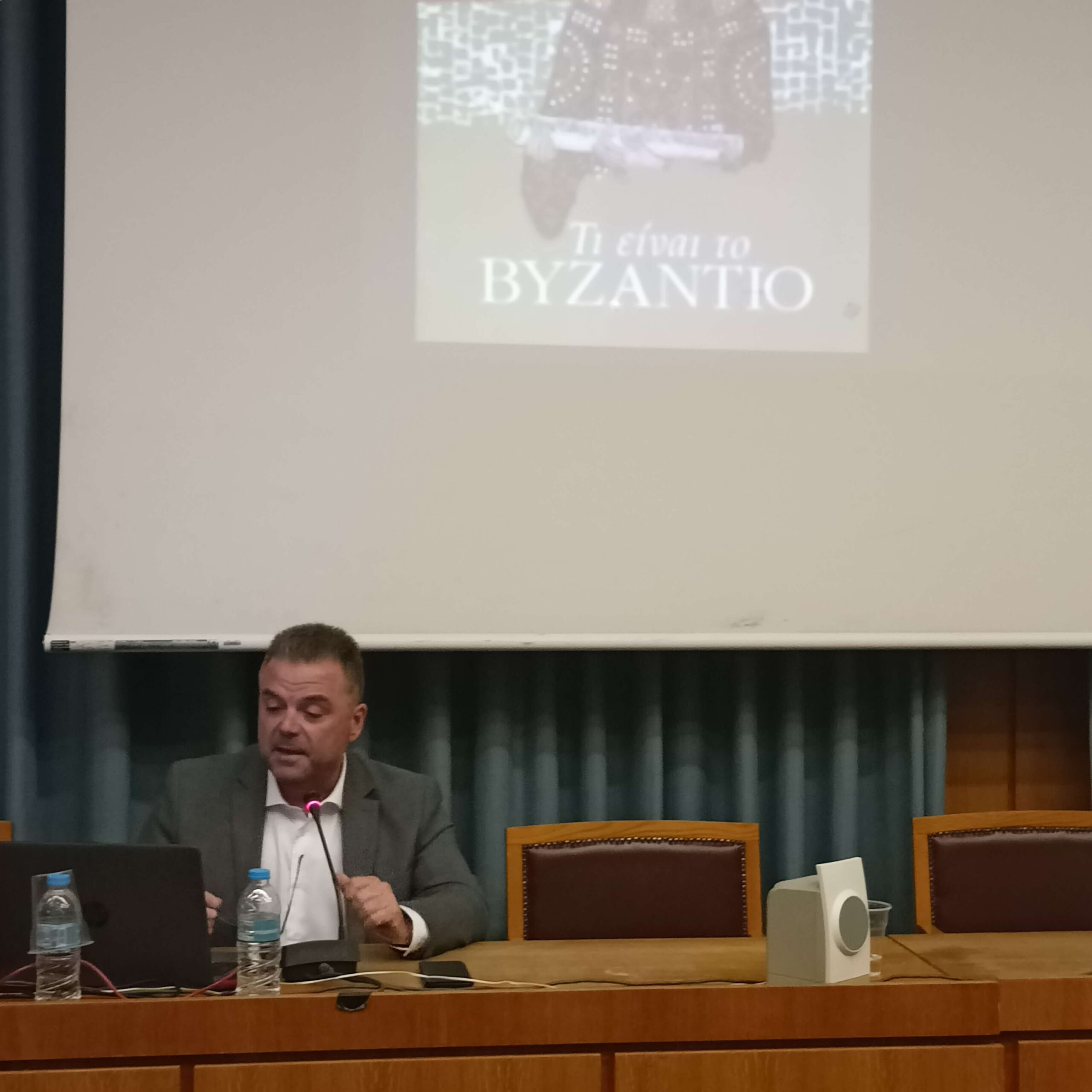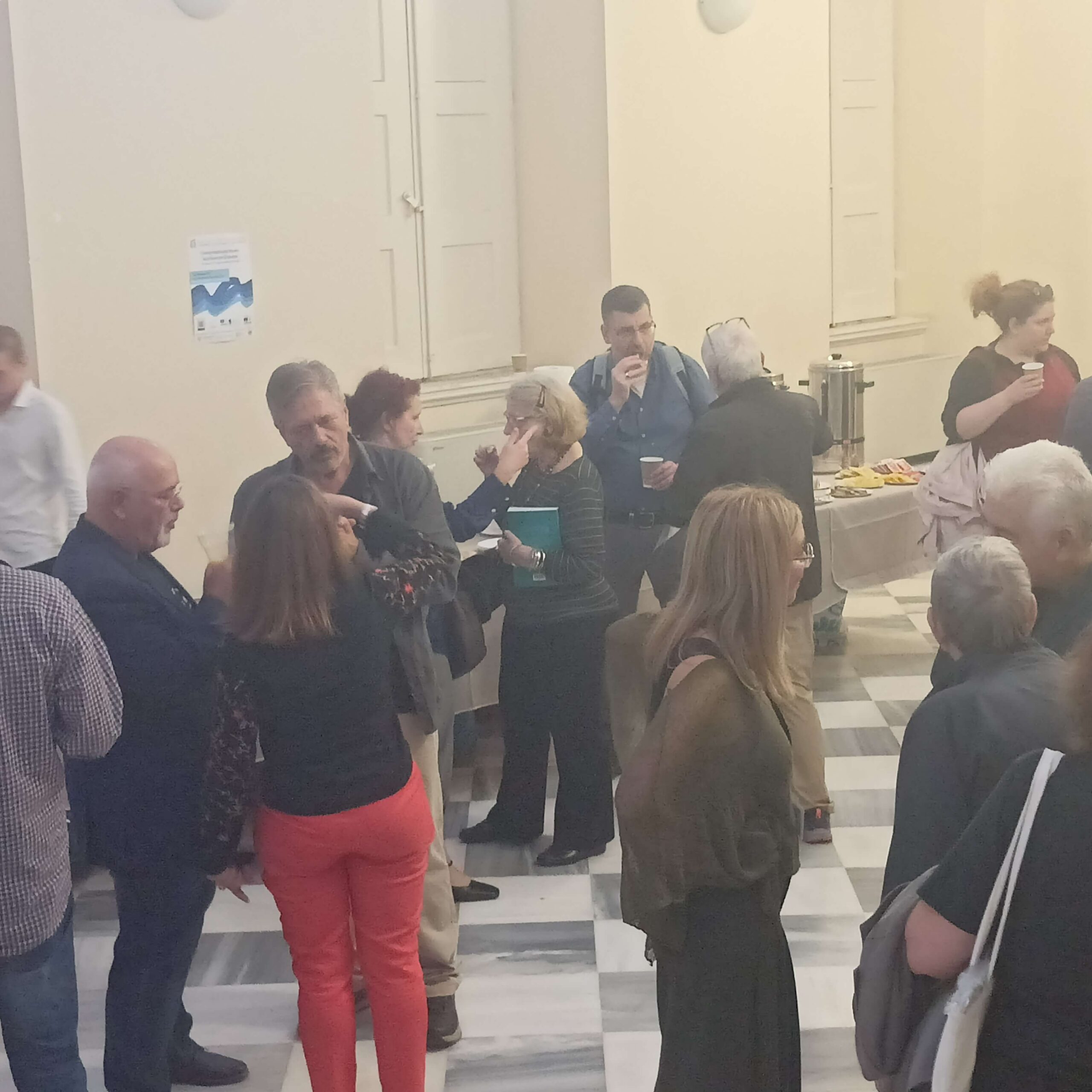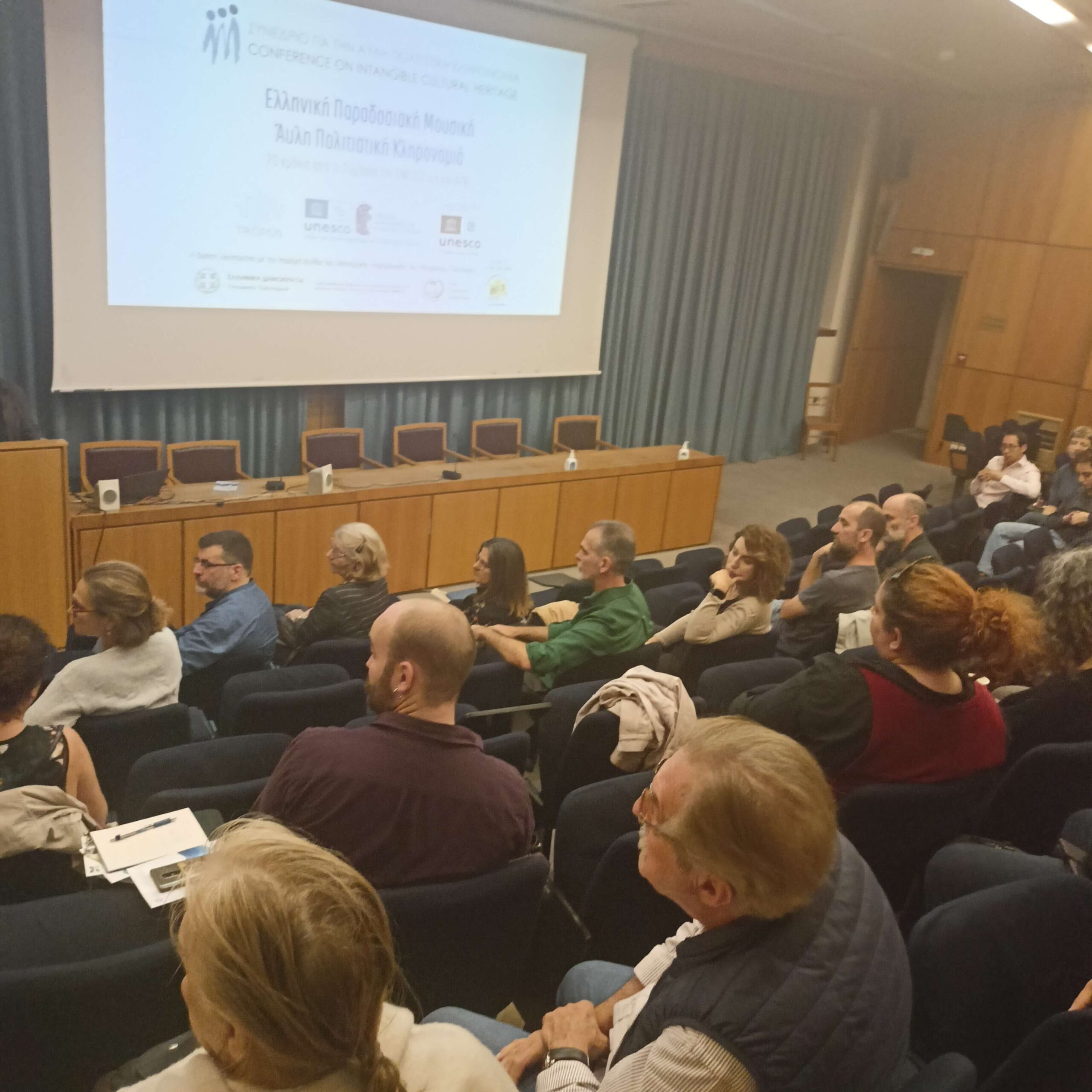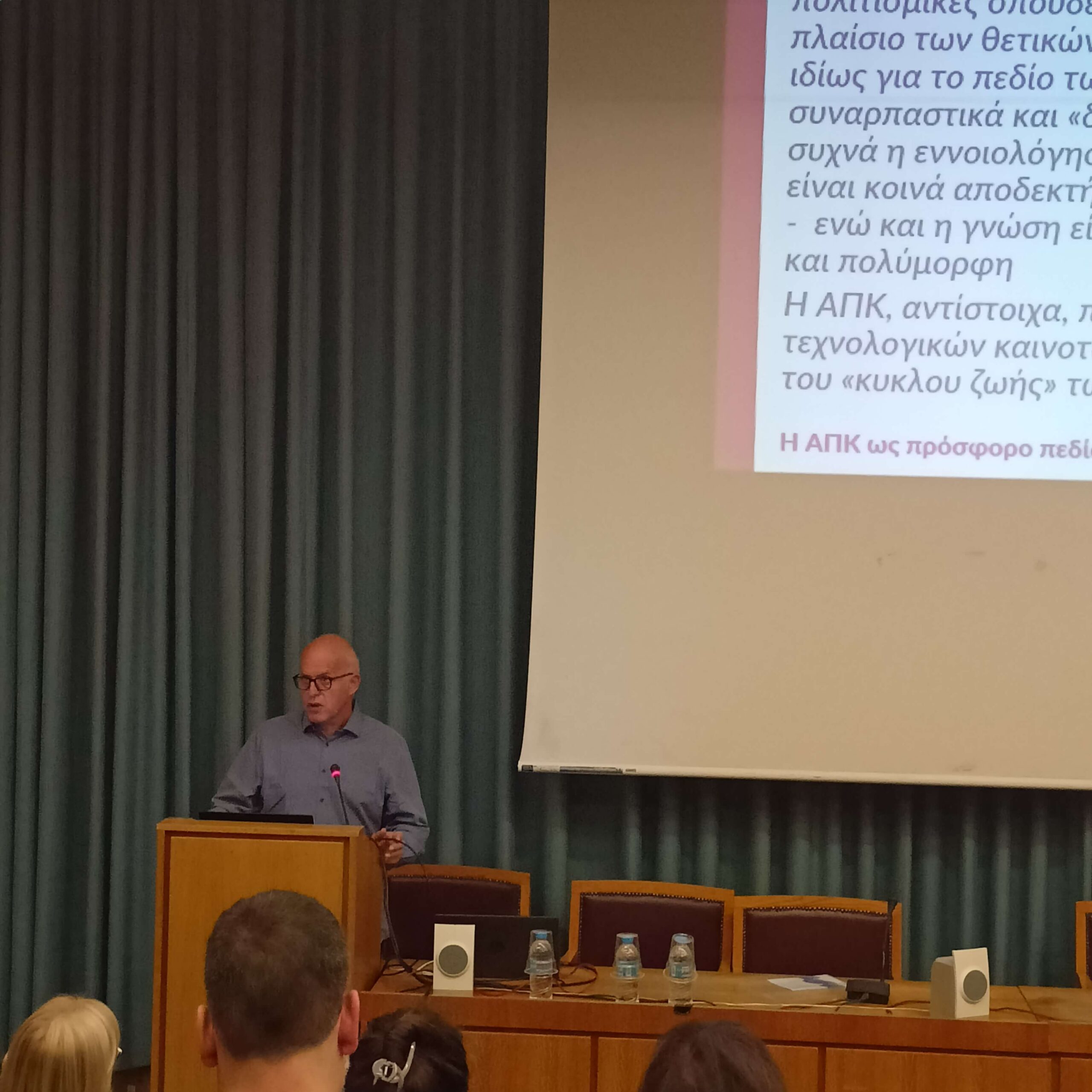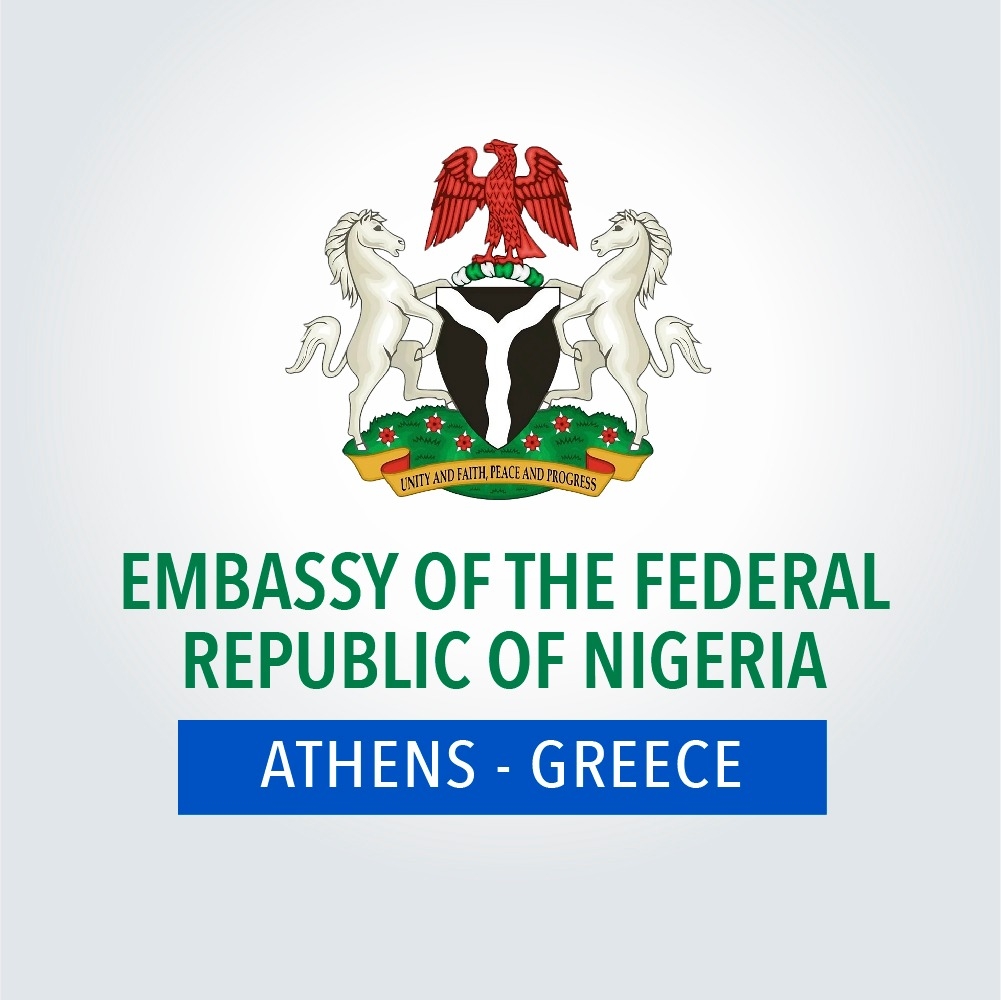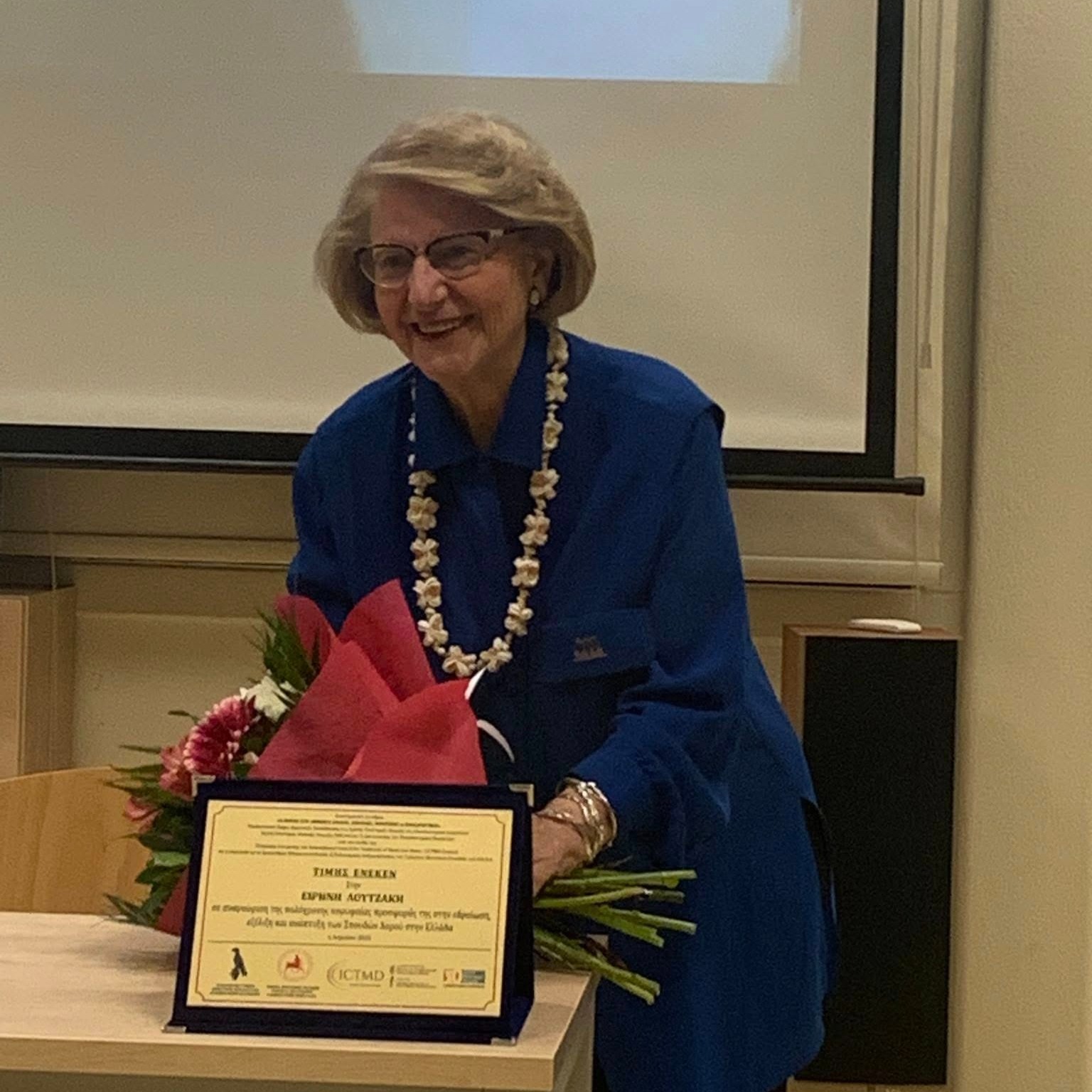The Interdisciplinary Conference “Greek Traditional Music – Intangible Cultural Heritage, Conference on the 20th Anniversary of the UNESCO Convention 2003 on ICH” that took place during November 3 and 4, 2023 was a significant event that brought together scholars and experts to highlight the achievements and challenges of the implementation of the Convention 2003 in Greece with a specific focus on the registered Greek Elements that are related to music. The event was organised by the UNESCO Chair ‘Anthropology of Traditional Music: Representing and Repositioning Intangible Cultural Heritage, in collaboration with TROPOS: Music and Culture Research and Promotion Center, under the auspices of the Directorate of Modern Cultural and Intangible Cultural Heritage, Hellenic Ministry of Culture and Sports. It was held in person at the hall “Ioannis Drakopoulos” at the Central Building of the National and Kapodistrian University of Athens and was available online through the Conference’s website: The overall structure of the Conference included three thematic sections on Intangible Cultural Heritage: a general theoretical one, a special one focused on the Greek recorded elements of ICH, and an interdisciplinary one.
More specifically,
- the 1st session dealt with issues of theory, methodology and practical applications of Intangible Cultural Heritage, internationally and especially in Greece.
- The 2nd session had as its object a critical dialogue centred on the three elements of Greek musical culture that have been registered (2016-2019) in the UNESCO Representative List of the Intangible Cultural Heritage of Humanity.
- The 3rd session returned to the subject matter of the first section and examined the issue of ICH through an interdisciplinary prism that combines modern methods and practices from the fields of Digital Science, Technology and Education. In addition, the schedule incorporated two music performances set in their original contexts, providing attendees with an immersive experience of the performances.
Below you can find a more detailed report of the Conference Proceedings:
The conference commenced with a morning of registration, followed by a warm welcome from representatives of the Hellenic Ministry of Culture and Sports, the vice-rector of the National and Kapodistrian University of Athens, and the Organizing Committee, setting the tone for the day’s discussions.
A keynote speech by Professor Dr. Tiago de Oliveira Pinto, UNESCO Chair Holder on “Transcultural Music Studies,” provided a critical overview of intangible cultural heritage. Subsequently, Mrs. Stavroula-Villy K. Fotopoulou, Director of Modern Cultural Heritage at the Hellenic Ministry of Culture and Sports, shared perspectives on implementing the UNESCO Convention for the Safeguarding of the Intangible Cultural Heritage in Greece.
- The 1st session of the conference tackled theoretical and methodological issues related to intangible cultural heritage, featuring presentations by Professor Emeritus Pavlos Kavouras (UNESCO Chair Holder on “Anthropology of Traditional Music: Representing and Repositioning Intangible Cultural Heritage”), Dr. Zoi N. Margari, and Panas Karampampas, exploring the representation and repositioning of cultural heritage through ethnographic research.
- The 2nd session on Friday afternoon, along with the subsequent 3rd and 4th sessions on Saturday, focused on three elements connected to Greek musical culture that are registered on the UNESCO Intangible Cultural Heritage (ICH) Representative List. The goal was to highlight the rationale of the inscriptions and the effects that the registration of each element had on its reference community through the systematic and interdisciplinary study and analysis. In all three sessions the organising committee ensured extensive representation from the respective communities, recognizing the significance of their first hand involvement
in the discussions. This emphasis on community representation was crucial in providing insights into the lived experiences and perspectives of those directly impacted by the recognition of their cultural heritage. More specifically, the 2nd session (Friday afternoon) focused on Byzantine chant, with
insights from Professor Achilleas Chaldaikis and Associate Professor Thomas Apostolopoulos. - The 3rd Session (Saturday morning), focused on the Momoeria tradition, a Pontic tradition that is performed annually over 12-days during the Christmas period. Myrofora Efstathiadou and Kostas Alexandridis shed light on the path towards registering these traditions on the Representative List of ICH, while Ioannis Tsekouras referred to the effects and challenges of their inscription. The 4th Session centred on Rebetiko, a prominent aspect of Greek culture. Professor Lambros Liavas examined the tradition of Rebetiko, reflecting on its seven years of inscription on the National Registry and the Representative List of the Intangible Cultural Heritage of Humanity. Professor Leonidas Oikonomou delved into the connections between Rebetiko, Greek culture, and contemporary reality, engaging the community in discussions. The conference’s interdisciplinary scope expanded further during the 5th Session, exploring the role of digital technologies, AI, and transformative education in ICH. Distinguished speakers, including Professor Costis Dallas, Professor Yannis Ioannidis, and Professor
Vassilios Makrakis, underscored the importance of technology in preserving and promoting cultural heritage.
The event concluded with a Round Table – Conclusions, featuring Zoi Margari, Pavlos Kavouras, Yannis Ioannidis, and Ioannis Tsekouras, providing synthesis and valuable insights.
Musical Performances
The first day concluded with a Byzantine music concert at the Church of Panagia Kapnikarea, featuring the Masters of the Chanting Art. The second day ended with a festive Rembetiko feast at the traditional tavern “Alargino in Nikaia,” featuring the melodic tunes of the Rebetiko Band. Overall, we believe that the conference was particularly successful. It resonated with the communities and promoted the dialogue between community members and organisations associated with Intangible Cultural Heritage.
You can watch the event at the following link:
Related Articles
Activities, Events, Participations, Uncategorized

